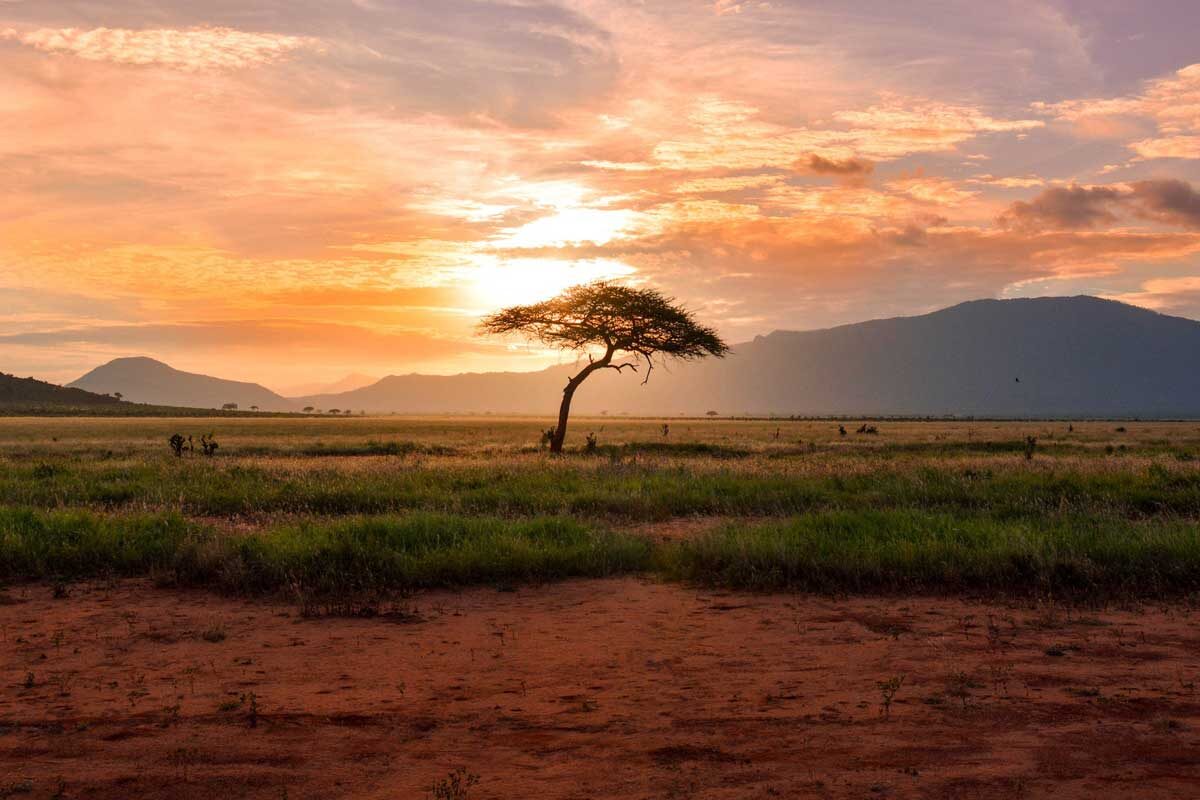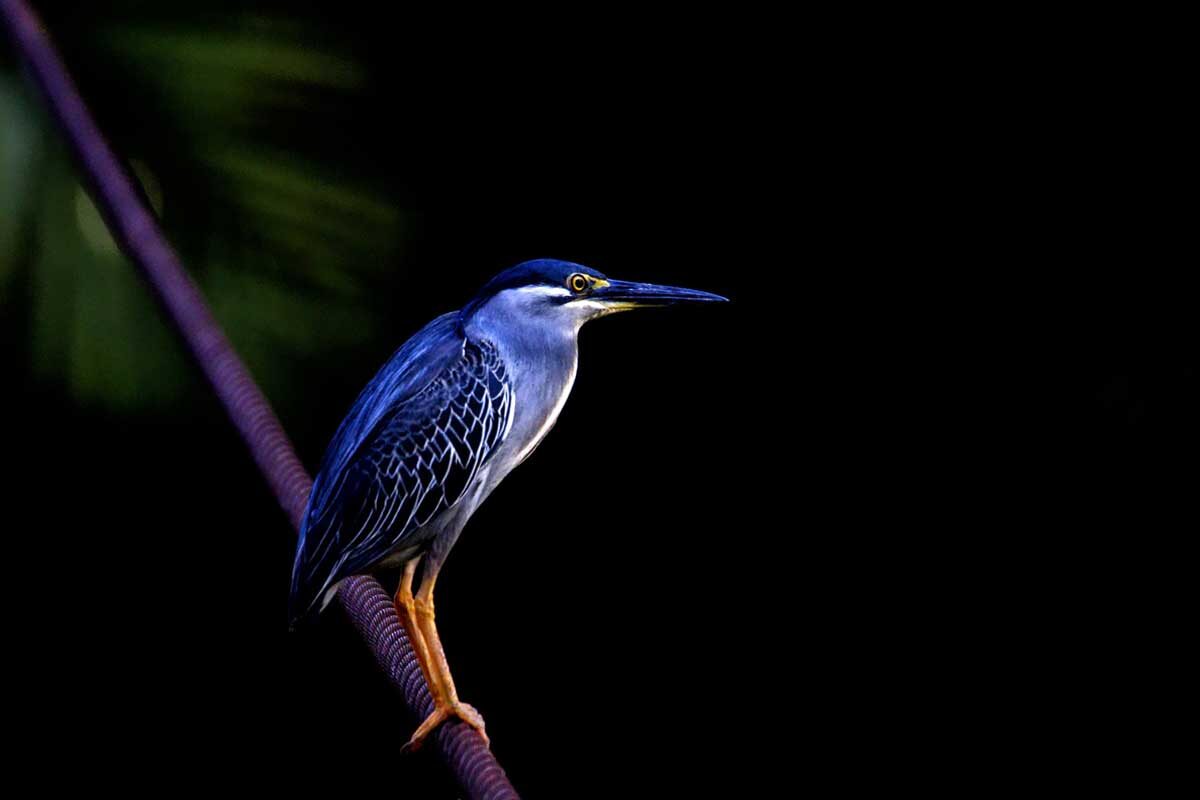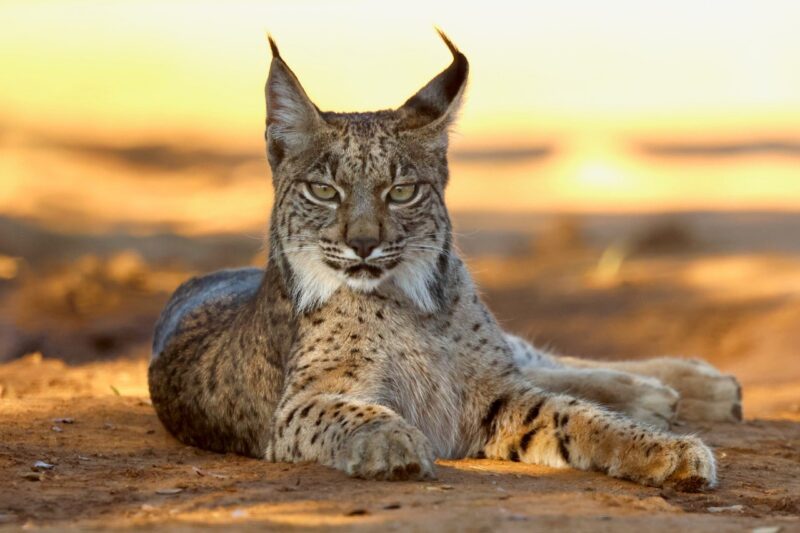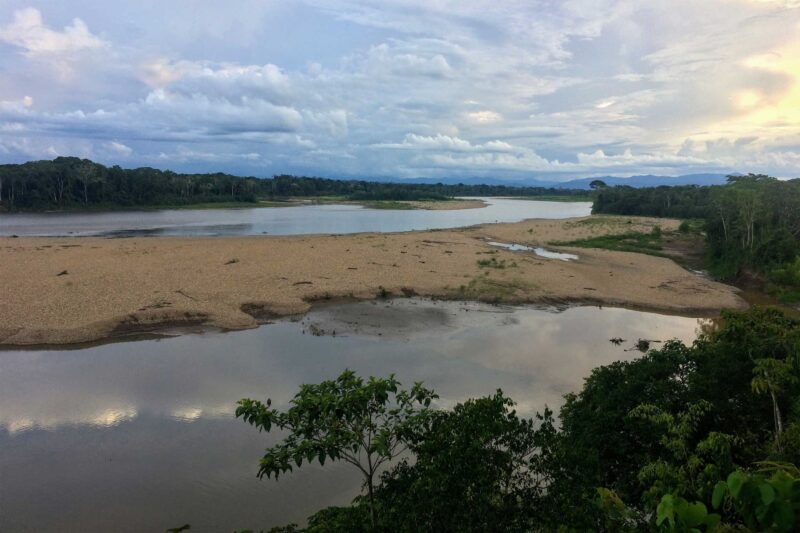The last rays of the sun are illuminating the riverbank willows, the flashing blue of a kingfisher whizzes past and seconds later a large mullet leaps clean out of the water, breaking the silence with the splash of its re-entry. Such a scene is familiar to many English rivers, but in this instance I am sitting on the bank of East Devon’s beautiful River Otter, patiently waiting for one of Britain’s most rare and elusive mammals to show itself (no, it’s not an otter). It is a species few people in England will have ever seen but one that played a crucial role in shaping our landscapes, biodiversity and environmental health for millennia.
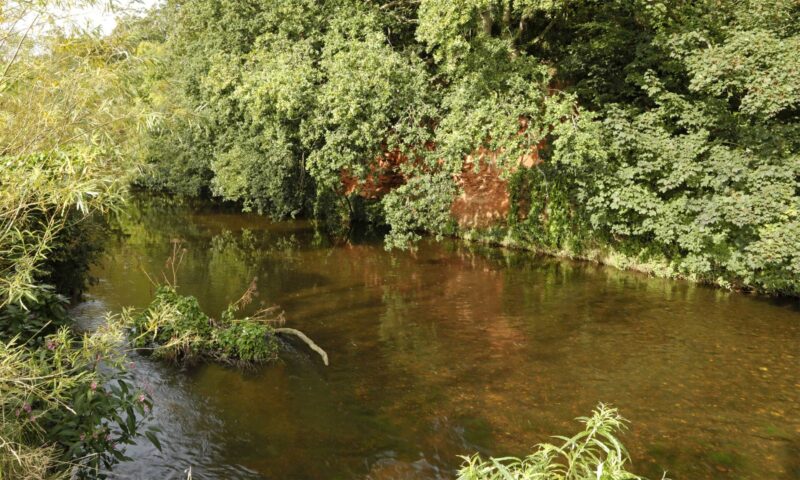
As the evening sun fades further, an enormous furry body slips quietly into the tranquil river. It quickly vanishes. Minutes pass, my anticipation builds. Then suddenly, without warning, I spot the head of something swimming down the middle of the river: yes, it’s a wild beaver. Adrenaline is racing through my veins as the magnificent rodent, the second largest on earth, calmly swims past a few metres away.
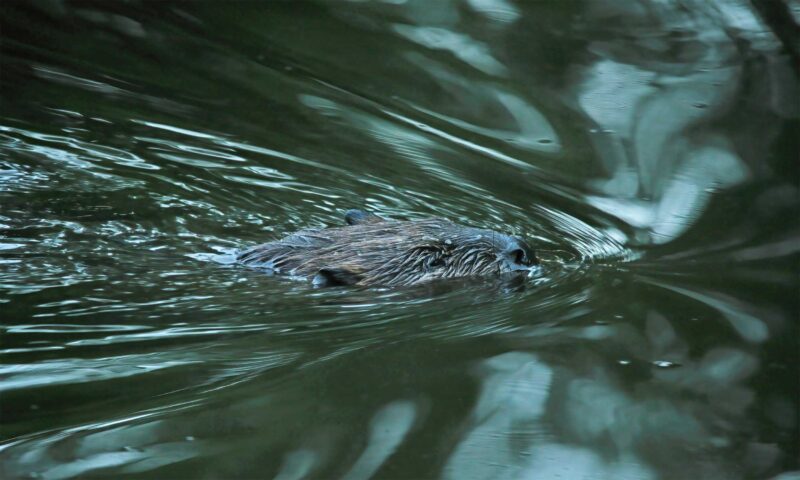
From at least 2008 the River Otter catchment has been home to a thriving population of wild Eurasian beavers. Their origin remains unknown but since 2015 the Devon Wildlife Trust has run a five-year trial to monitor the Otter beaver population and its effect on the landscape. In August of 2020, the UK government granted legal permission for the beavers to stay, making it the first place in England to host wild beavers in over 400 years.
Beavers are well known for the benefits they deliver to aquatic ecosystems and are often referred to as “keystone species” or “ecosystem engineers”. In river headwaters where the water flow and depth are too fast and shallow for their liking, beavers create dams which result in complex wetland habitats in which they can feed year-round.
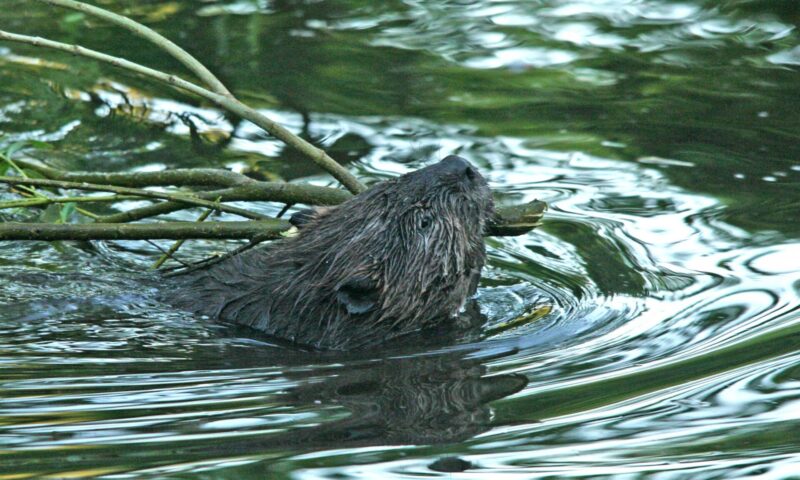
In these headwaters beavers create numerous ponds and small channels running from the main river which enable them to swim to their feeding areas unobstructed. Their constantly changing mosaic of water habitat not only increases the quantity and diversity of aquatic vegetation on which they mostly feed but also the invertebrate and fish life, which in turn creates an entirely new food chain for the benefit of amphibians, birds, otters and bats. During winter the beavers switch their diet from aquatic and riverside vegetation to bark and coppice trees such as willow, thereby allowing light to reach the ground and benefitting a wide range of flora and their pollinators.
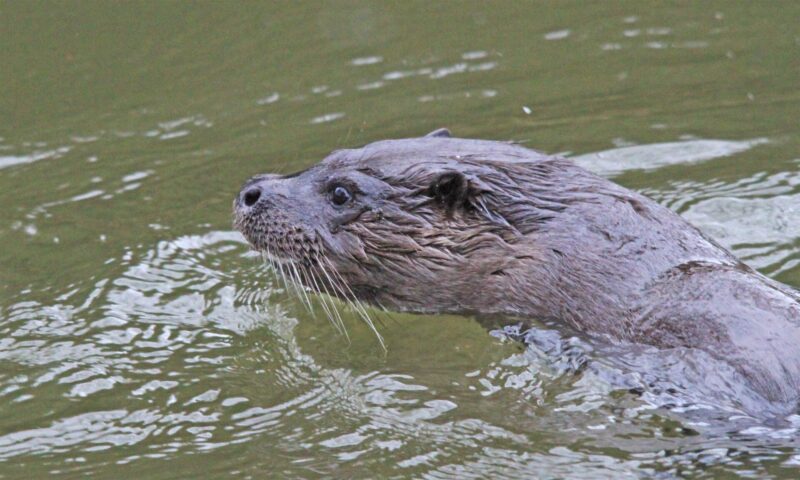
Additionally, research conducted by the University of Exeter demonstrates that sediment containing harmful pollutants such as nitrogen and phosphorus are trapped by the beaver dams. The water slowing impact of the dams improves water quality downstream and the change in flow and nutrients creates habitats in which many fish species breed.
Beavers’ industrious dam building significantly alleviates damage caused by downstream flooding and greatly reduces soil loss from neighbouring farmland and the wider landscape. In headwater regions, however, the dams can sometimes create localised though manageable flooding which can have a local impact on farmland. Buffer strips of natural, uncultivated land between the river and farmland are usually enough to mitigate potentially detrimental effects. In so many ways, beavers are truly transformative.
Most people will be well aware of the urgent need to respond effectively to the planet’s climate and biodiversity crises. We must think creatively in our efforts to restore nature in the UK: beaver reintroduction across the country would, it has been shown, lead to a healthier landscape overall. However, with such a high population density and the badly fragmented and depleted habitats remaining in England, how can we find enough space for species such as beavers?
One answer, I believe, could come from sensitively operated beaver tourism. Recent polls have suggested that since the Covid-19 pandemic more people than ever have taken an interest in nature. Many are discovering the benefits to mental health from spending time in green spaces and watching wildlife. Beavers are charismatic animals that many people will certainly enjoy seeing in their natural habitat, but they are shy and difficult to observe without expert guides and their detailed local knowledge.
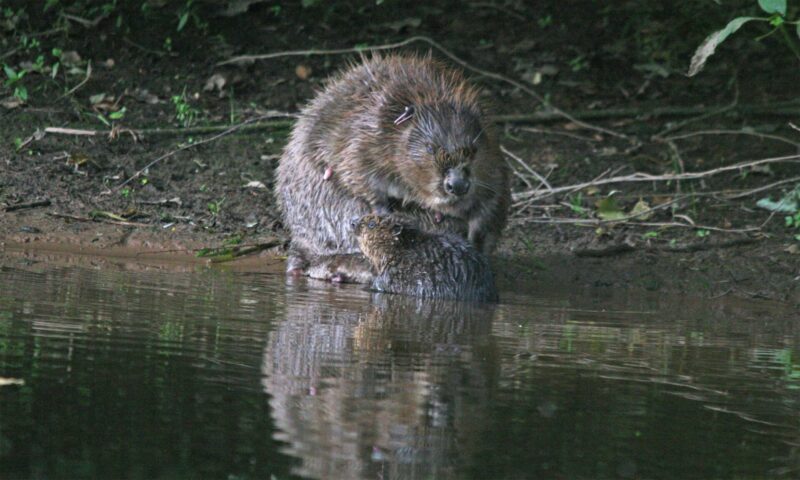
For landowners, farmers, local communities and all those who need to make a living alongside beavers, wildlife tourism can be a big benefit. The revenue that filters down from guided beaver watching tours can help many rural businesses and communities financially, while the beavers themselves improve ecosystems to the benefit of the local environment and population.
Beaver watching is a thrilling and unforgettable experience. Joining an organised tour led by a local naturalist ensures that income gained from visitors is retained within the locality and the beavers and their habitats are not overly disturbed. Indeed, beaver watching is already bringing more revenue to businesses such as pubs, restaurants, hotels, campsites, cafes, shops and farms around the River Otter. What people see they often want to preserve, so the more people who enjoy watching wild beavers and learn about their benefits, the better.
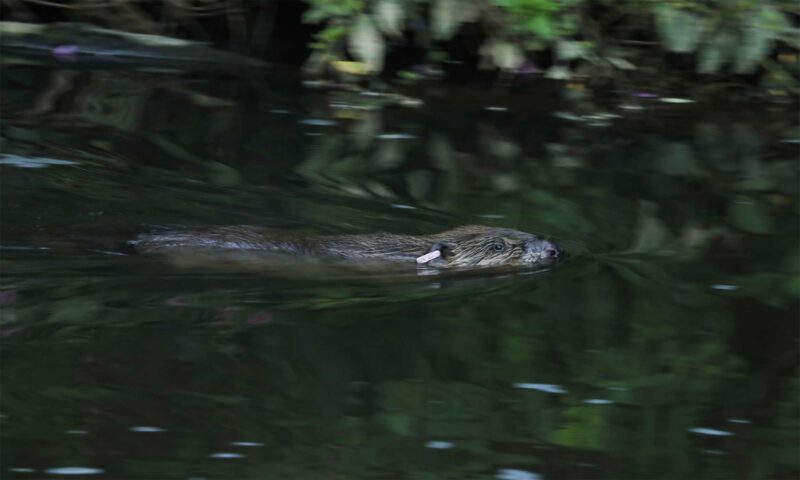
Those who travel to see flagship species such as the beaver often wish to observe other wildlife found in nearby nature reserves, coastal sites and national parks so the benefits can be spread more widely within the region and help conservation of other species and habitats.
In Devon we are fortunate to have good populations of many other special species such as common and white-beaked dolphins, harbour porpoises, grey seals, otters, badgers, red deer, greater and lesser horseshoe bats, cirl buntings, nightjars, goshawks and 39 species of butterfly. The county also boasts some of the most pristine beaches in Britain, plus ancient woodlands, wildflower rich grasslands, heath and moorlands, dramatic coastal cliffs, and of course our signature cream teas (here the cream goes on first, then the jam).
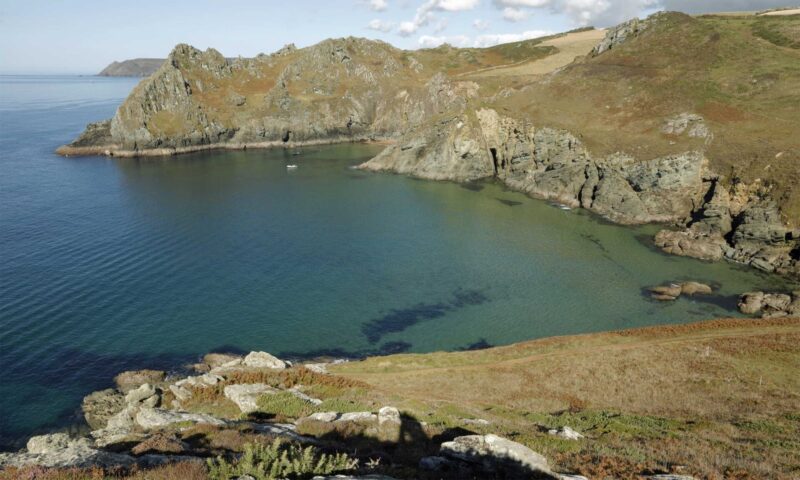
Looking to the future, I hope Devon’s pioneering beaver watching can become a model for increasing regenerative travel in the UK in order to create a more sustainable and nature friendly landscape. In adopting a regenerative approach, we can help reverse the sad decline in native species and precious habitat which has become all too evident throughout Britain these days. Hopefully in years to come we will see further thriving beaver populations in Devon and a return of more charismatic fauna including wildcat, pine marten, osprey, white-tailed eagle and white storks. If our marine life is better protected we may see increased populations of dolphins, whales, sharks, bluefin tuna and maybe even orcas one day returning to the healthy coastlines of the Southwest.
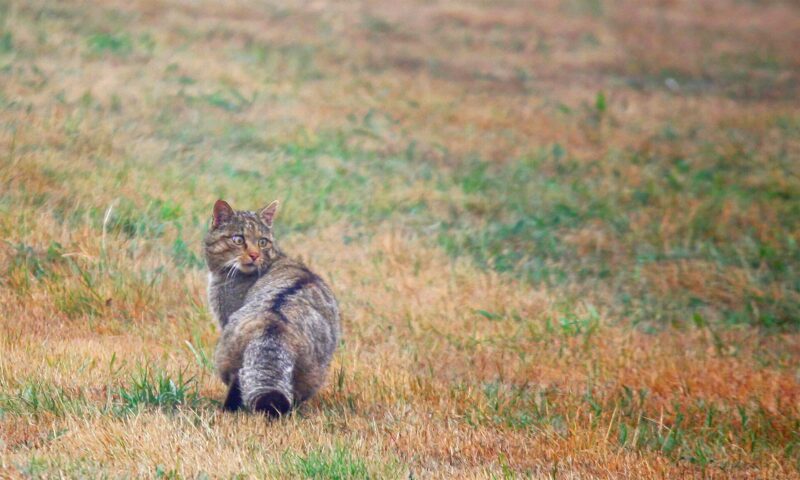
To find out more about our beaver watching tours and weeklong Devon wildlife holidays, please see: https://reefandrainforest.co.uk/destinations/united-kingdom-devon or contact Ian Loyd at ian.loyd@reefandrainforest.co.uk or by telephone on 01803 866965.
For a taster of the beavers, wildlife and landscapes that can be enjoyed on a holiday in Devon, please see our short film here: Wild Devon Video
